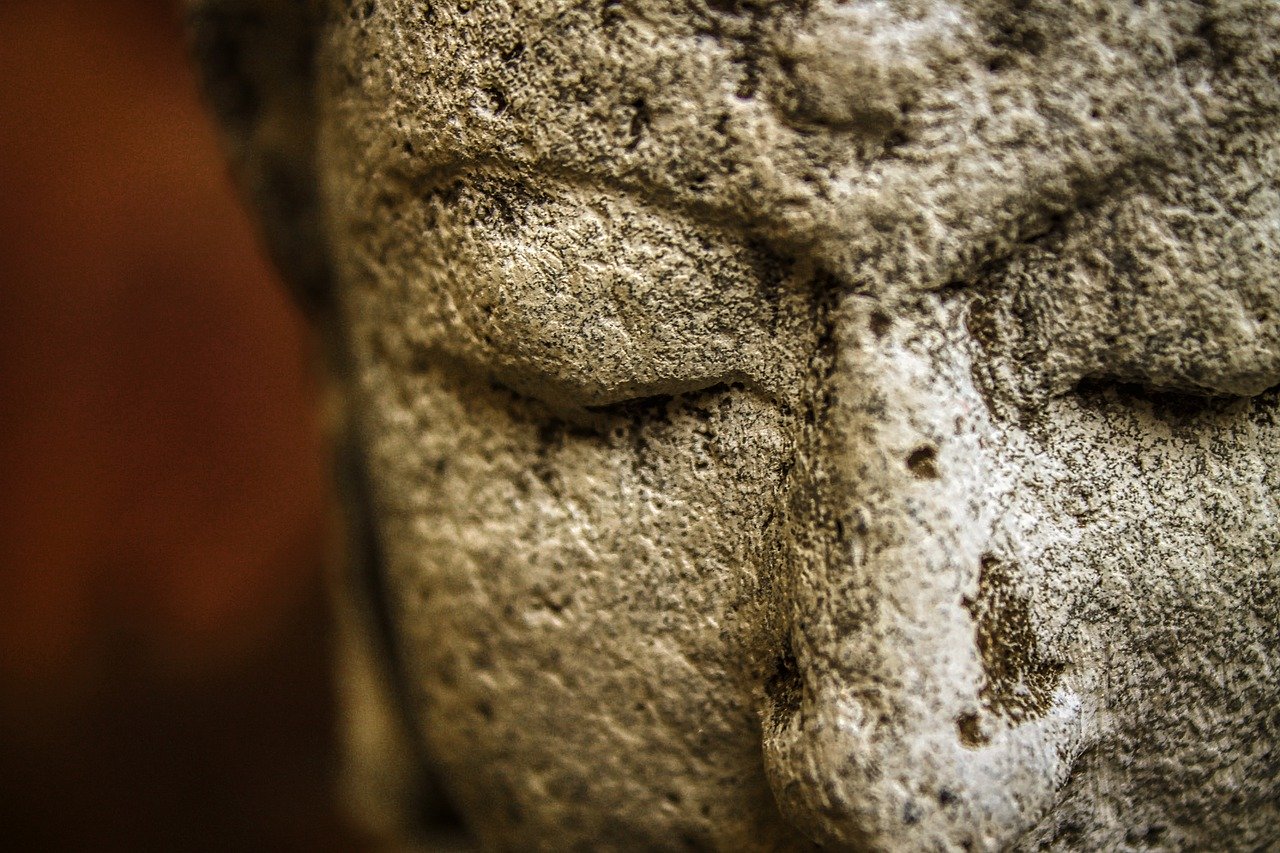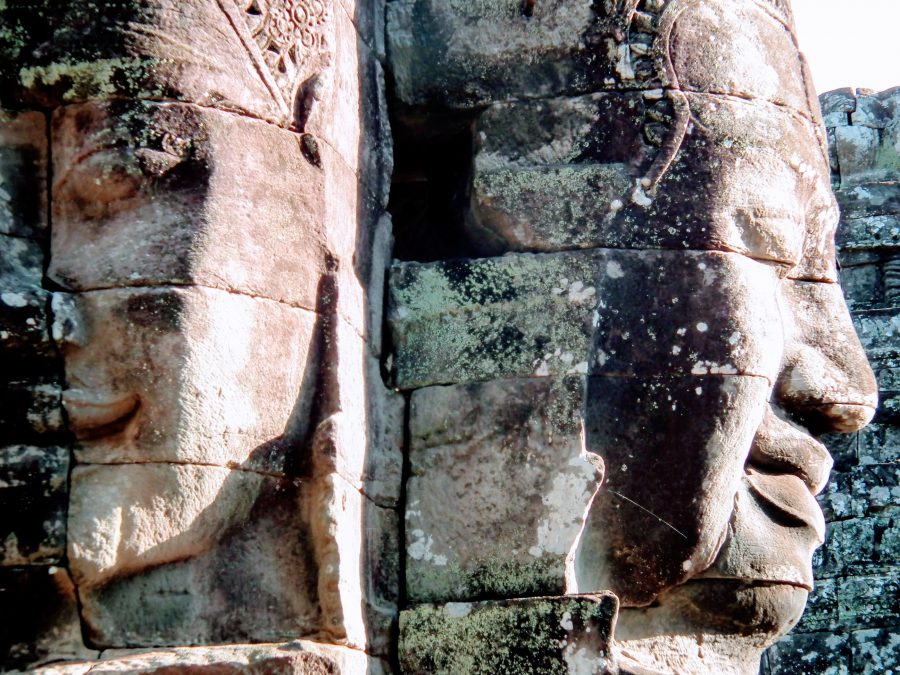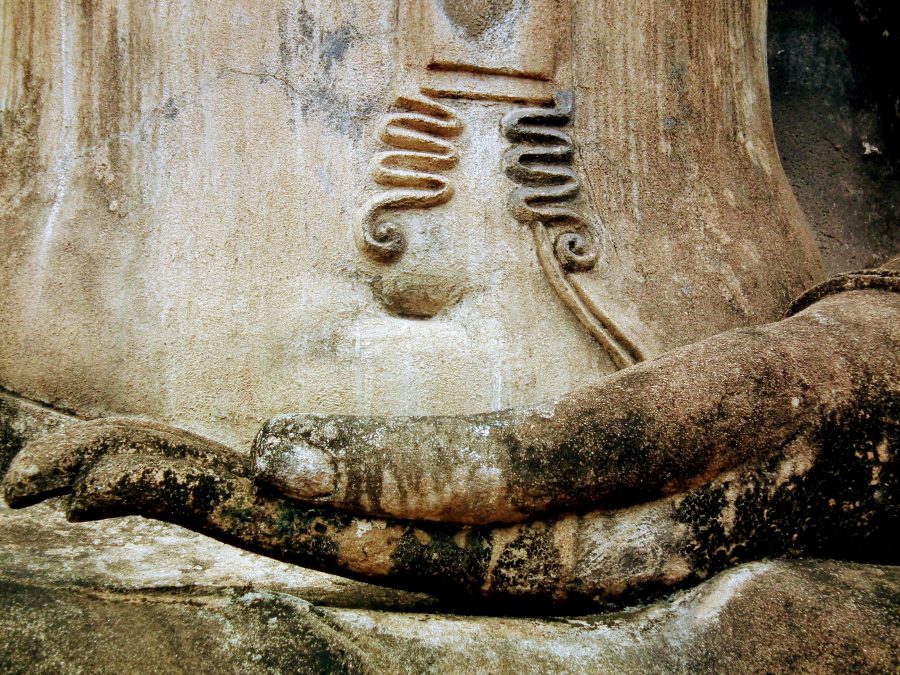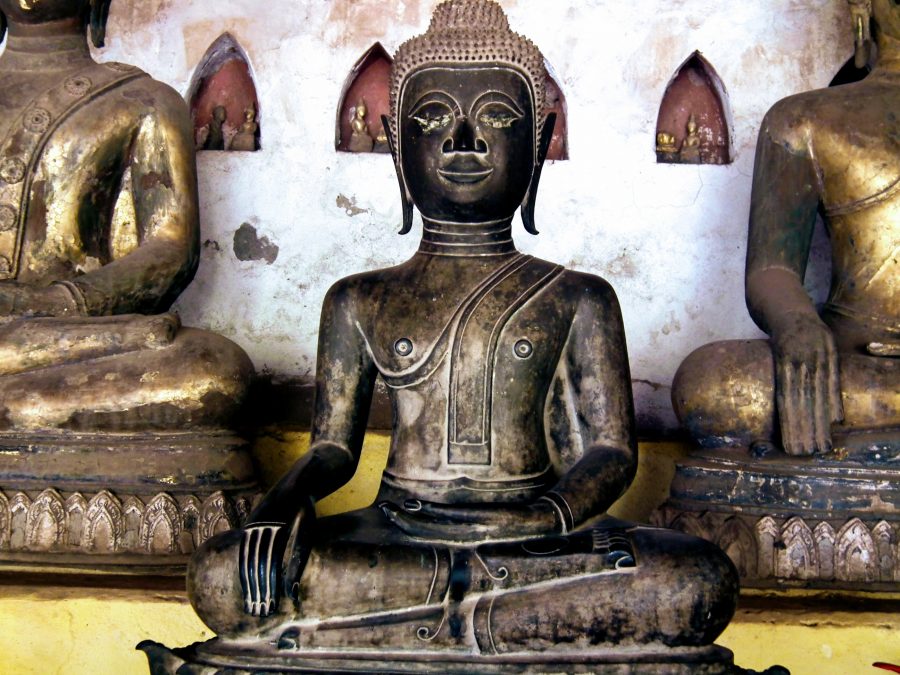
But this is merely an opinion, and often ungrounded. When I hear people demolishing meditation, they have seldom tried it, or if they have failed because they were not going it right.
I can relate to this. There is a misconception of what meditation is. It is build up as some grandiose experience you can have akin to flying through space. But in reality, your experience is all your imagination can conjure.
Meditation is actually just another way of saying ‘concentration.’ And mindfulness is merely directing your awareness so that you are consciously in control of your thoughts, emotions and actions.
You don’t have to believe in fairies to want to be in control of your emotions, thoughts and actions; after all, this is the triangle of manifestation where all life’s magic – and tragedies – are born.
The key element to mindfulness is conscious awareness. There are varying degrees of consciousness that cloud your understanding of reality so it helps to know how the unconscious mind works.
Buddhism teaches that mindfulness is about living in the moment; or more precisely, being fully and consciously aware of the moment. To be mindful is to be in touch with the reality of truth.

It is possible to cultivate inner peace by being mindful. You can control mindfulness. All that is required is a sense of intention, a purpose. You have to be deliberately concentrating on whatever you are doing.
For example, when you are in the shower, you are conscious you are in the shower, but if your mind is thinking about all the things you have to do that day, you are not consciously aware of the moment.
When you are not mindful of the present you are out of touch with reality.
However, should you choose to be fully conscious of the moment – feel the water, smell the soap, feel the sensation the sponge leaves against your bare skin – when you consciously notice all this, you experience the moment without any restrictions or limitations of consciousness.
It is in these moments when your mind is at peace; simply because you are observing. And when you meditate, you become the observer. The Upanishads teach that in a true absolute conscious state you are not your mind and body, but the observer of your mind and body.
Therefore, to cultivate inner peace, still the mind. Be in control of your mind, do not let the mind control you. Observe your state of being. How peaceful do you feel when you are just observing something?
When you watch your mind in meditation, you will notice how thoughts drift in and out. You may also notice how thoughts can provoke the mind to wander, to chatter, to analysis; they may even whip your mind into a frenzy.
This is what Buddhists call the ‘monkey mind.’ The unconscious mind that records your past experiences and tricks you into thinking the mind is all-powerful. But the unconscious mind usually feeds the conscious mind with old values that no longer serve you. It has very little power indeed.

Plato said: Opinion is the medium between knowledge and ignorance.
The more knowledge you have, the less ignorant you are. But if you have never tried mindfulness meditation, don’t dismiss it as spiritual bullshit. Learn to do mindfulness properly, and you will reap the benefits.
Your higher conscious mind has all the wisdom you ever need. And you can easily connect to your higher-conscious self. You do not have to meditate to tap into your reservoir of wisdom – although it does help.
Another Plato quote: When the mind is thinking, it is talking to itself…thinking is the talking of the soul with itself.”
This is where the magic trick starts: ask yourself a question with a thought and you will receive a response by way of another thought.
However, to perform this trick properly you have to know whether the replying thought has come from the higher conscious mind or the unconscious monkey mind.
You know this only through the practice of mindfulness.
Mindfulness teaches you to rein in your thoughts, to stop overthinking, to stop worrying, to stop self-doubting etc. As a result, you become more confident, less anxious, calmer and more compassionate etc.
One of the most beneficial exercises you can do during meditation is self-examination. When you find the true essence of yourself, you can heal past traumas and find inner bliss.
Practising mindfulness meditation does not require you to sit in the traditional lotus posture or lay down. It simply requires you to be mindful in everything you do.
The word meditation is misunderstood because it is linked with a spiritual practice of sitting crossed legged, watching your breath and blocking out your thoughts.

A growing body of scientific evidence is proving that mindfulness meditation offers many benefits. However, it should be noted that meditation is only beneficial when performed correctly on a consistent schedule. Meditation is not a quick-fix.
Being mindful of what you are thinking, doing and feeling gives you a greater sense of self-awareness. You find you are able to cope with any situation you are confronted with. But it takes practice and patience.
Furthermore, by learning to sharpen your mind, you will begin to see through the veil of illusion and into the heart of Truth. Armed with superior knowledge, others will look to you for answers in any given situation.
So do you want to take control of your life and be a leader; or do you want to follow the blind that leads the blind?
Turn on your inner light and you see the world with more clarity.
